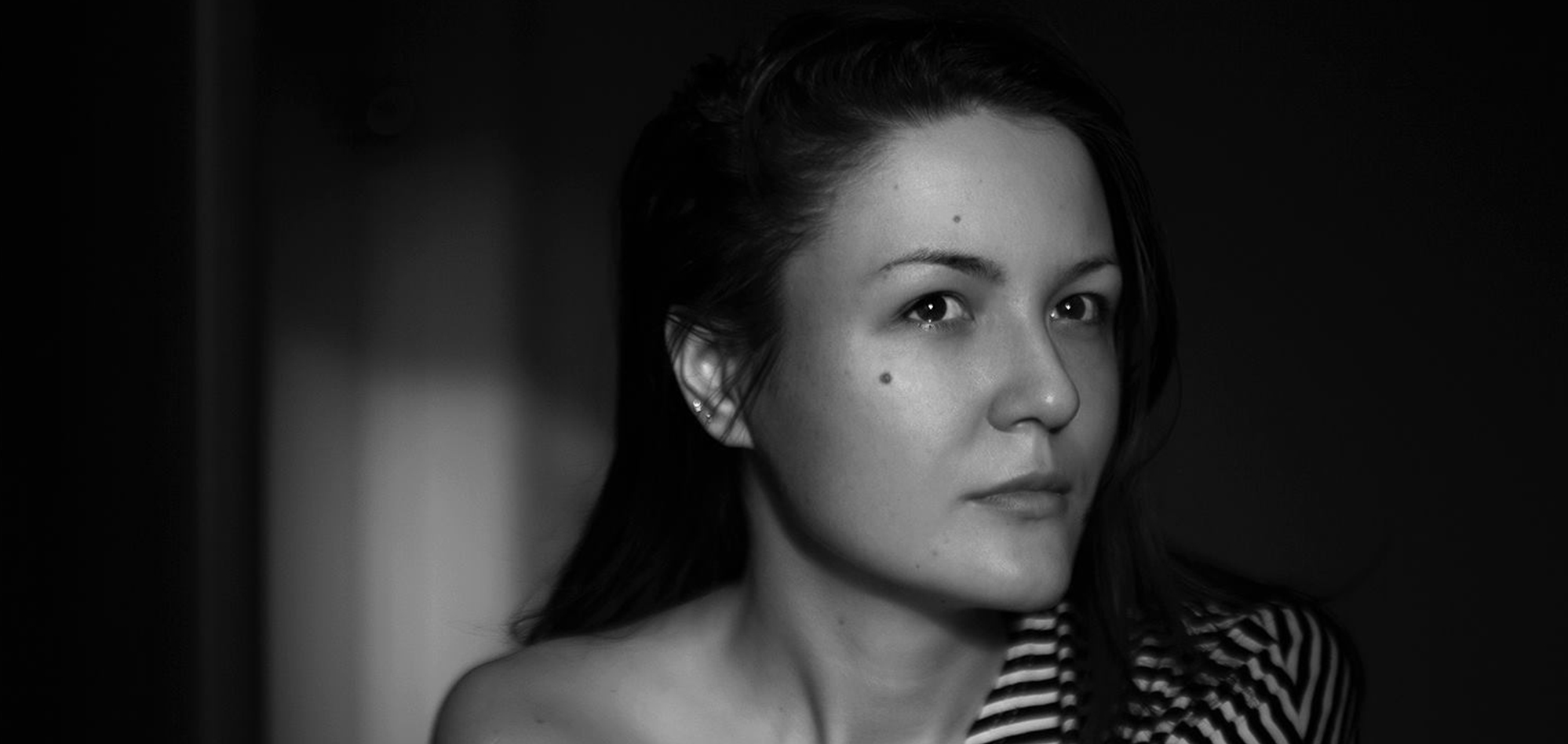Gayatri Everitt Bajpai is a filmmaker based in Vancouver. She earned her MFA in Film Production at UCLA, where she directed a segment of an anthology feature executive-produced by James Franco. She won the Directors’ Spotlight Awards for two of her other short films and produced a documentary about Francis Ford Coppola’s live cinema project Distant Vision. Gayatri has since won HBO’s 2019 APA Visionaries Contest with the short film “Halwa,” which she co-directed with Nirav Bhakta, and which has gone on to win awards at film festivals around the world. She is developing her first feature.
Within the framework of this year’s 16 DAYS 16 FILMS initiative created by Modern Films and the Kering Foundation, a short film competition that platforms female filmmakers and their films, which explore, emote, and educate on forms of violence against women, Tara Karajica talks to Gayatri Bajpai about her short film, “Halwa,” as well as her thoughts on the short form, women in film today and what she is up to next.
How did you get into filmmaking and what inspires you to make films?
Gayatri Bajpai: I was always half-asleep at school because I loved watching films late at night. As a multicultural, biracial kid in New Delhi – and sometimes the US –, I grew up with a pretty weird medley of cultural references. My brother and I would dance around singing Bollywood songs and re-enact Hindi film death scenes, but we were also watching Baywatch and The Simpsons and the ‘90s Hollywood kids’ classics that made it to Indian TV. Our family didn’t belong squarely to a single culture, so we forged our own. I got pretty introverted in my teens, so film definitely became my refuge and a form of escapism. But it was also a way of exploring different philosophies and perspectives when I felt like an anomaly in my world. What inspires me most nowadays are characters that occupy liminal spaces or are in transition. I’m fascinated by what makes people connect, what makes them belong. Or not… And, how that affects the psyche.
Can you talk about your short film Halwa?
G.B.: Halwa is about a woman in her 50s who gets her first Facebook account and rekindles a long-lost love that draws the attention of her abusive husband on the eve of their wedding anniversary. It is loosely inspired by the true story of our lead actress and executive producer, Vijaya (Vee) Kumari. She was auditioning for a lot of clichéd roles as an Indian mother and wanted to do something more meaningful. She talked to my co-director Nirav and me about how she wanted to portray a survivor of domestic violence, as she herself had survived a brief but abusive relationship. Learning about her experience inspired us to write and direct a short. We’d also heard stories of folks in the Indian diaspora who had broken off relationships when they were young in India, only to rekindle them decades later via social media. This became the seed of the digital romance in Halwa.
How do you see the short form today?
G.B.: The short form is an exciting format. I see it as much more like a poem or a mood piece than the feature. It can really pack a punch because it forces you to feel the impact of a moment. And then, it shoves you out of the world just as quickly as you came in. The short is often seen as a stepping stone to making a feature, but short filmmaking is its own art form, which I want to continue exploring for its own sake. And, it’s more democratic. Almost anyone can afford to make some form of a short and show you something through their eyes.
What is your opinion on the situation of women in film today?
G.B.: There are still far too few women directing and DP-ing. There are programs and labs to give women stepping stones. Some film festivals have made efforts to program 50/50. But we also really need executives to stick their necks out and actually hire women directors beyond stars-turned-directors and cinematographers. TV might be ahead of the game there. So much exciting work is coming from female creators in the episodic realm. Michaela Coel’s I May Destroy You is the most recent example that blew me away. And, I’m inspired by the multitudes of womxn and nonbinary filmmakers who continue to do groundbreaking independent work, regardless of what the status quo has to say about it. I’m hopeful that the powers that be are realizing that NOT giving these artists a platform means becoming culturally irrelevant.
Who is your favorite female filmmaker and what is your favorite film by a female filmmaker?
G.B.: I have a slew of favorite films rather than a single favorite filmmaker. The list is constantly updating. Mira Nair was the first director to inspire me with a depiction of the Indian middle class that I never saw in Bollywood. That was Monsoon Wedding. At different points, I’ve been inspired by Deepa Mehta, Sarah Polley and Andrea Arnold. And, Mustang by Deniz Gamze Ergüven. Recently, I’ve loved Chloé Zhao’s work with non-actors in The Rider, and a friend turned me on to Lucrecia Martel’s work. I started with La Ciénaga. Brilliant.
What are your next projects?
G.B.: I’m writing a domestic noir about a maid working for an upper-class Indian expat family. My other project is a coming-of-age feature set in early 2000s New Delhi. When things calm down a bit on the pandemic front, I’m directing on a horror web series.
This interview was conducted within the framework of the 2020 16 DAYS 16 FILMS initiative created by the Kering Foundation and Modern Films.










